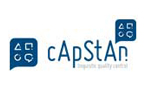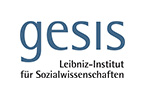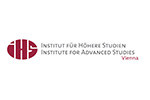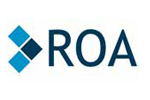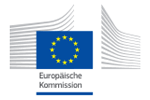The EUROGRADUATE Pilot Survey tests and prepares a potential full roll-out of a European graduate survey. Pilot surveys will be conducted in at least six European countries that have applied for participating in the project. Moreover, the project will identify methods for, sampling and contacting graduate populations in the 33 Erasmus+ countries.
The EUROGRADUATE Feasibility Study, completed in 2016, confirmed that European policy makers and stakeholder organisations are highly interested in a European graduate study. The feasibility study has set out the design of a potential European graduate study and assessed it as sustainable. At the same time it has recommended a pilot study as next step for its implementation.
The European Commission has responded to this recommendation and initiated the EUROGRADUATE Pilot Survey with the following objectives::
- Develop tools and processes for a centralised collection and handling of data;
- Assess the feasibility of, and identify methods for, sampling and contacting graduate populations in Erasmus+ countries;
- Consult experts and relevant authorities on the content of survey questionnaires, sampling and contacting approaches and coordination with existing national-level graduate surveys;
- Test-run the data collection tools in a minimum of six European countries;
- Assess the willingness of Erasmus+ countries to take part in a full roll-out of a European graduate survey;
- Develop recommendations and proposals for the implementation of a full roll-out of a European graduate survey.
The EUROGRADUATE Pilot Survey is run by an international consortium of six partners: the Research Centre for Education and the Labour Market of the University of Maastricht (ROA, the Netherlands, coordination), the German Centre for Higher Education Research and Science Studies (DZHW), the Institute of Advanced Studies (HIS, Austria), DESAN Research Solutions (the Netherlands), cApStAn linguistic quality control (Belgium), and GESIS Leibniz Institute for the Social Sciences (Germany).
The project ran from January 2018 to October 2019.



